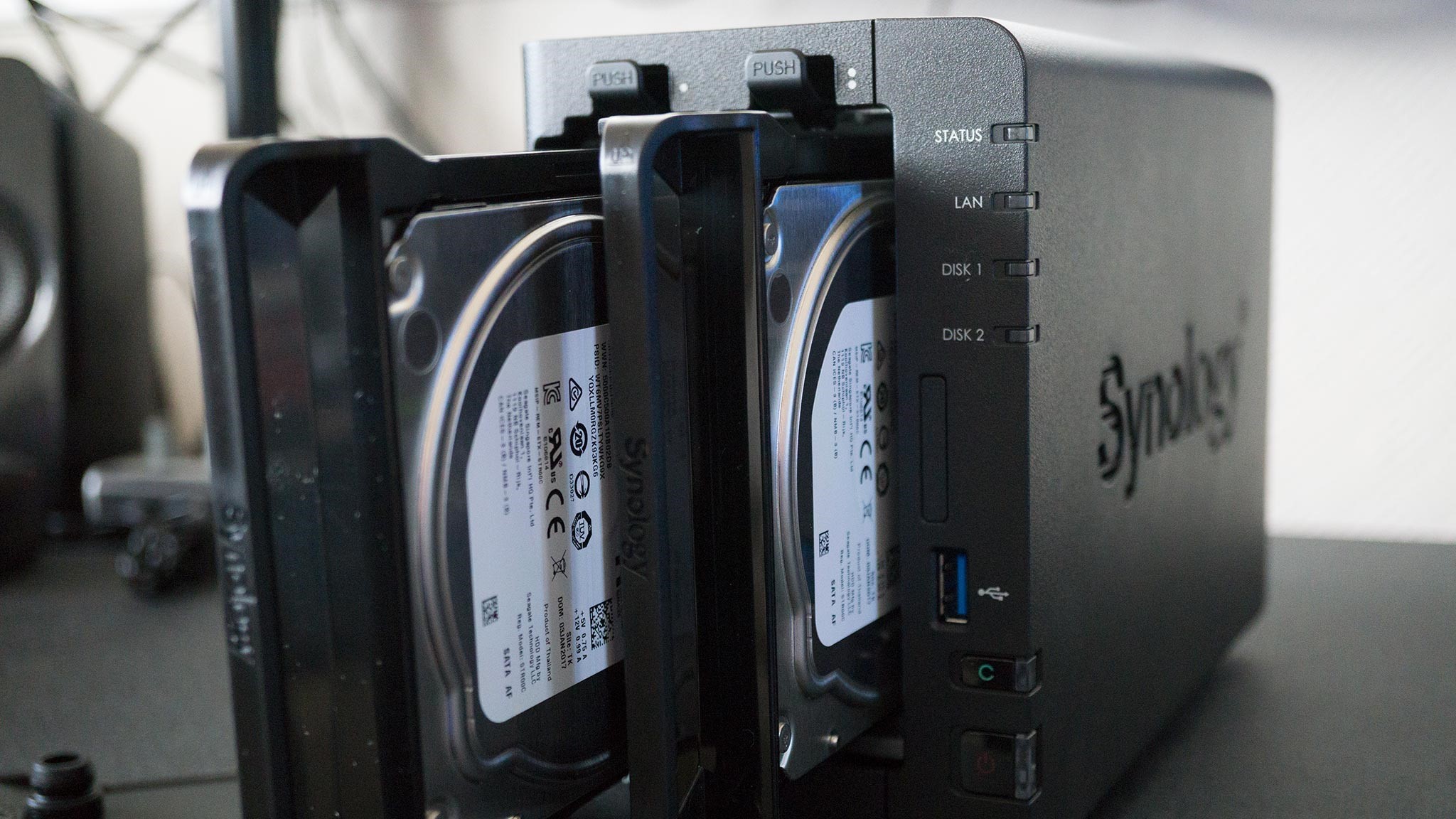I would guess that the march to SSDs is eroding the market for HDDs. Do you concur? HDD's continue to occupy the gargantuan disk space, especially where speed is not of the essence, such as for archival purposes.I think the problem is that no one, sadly, makes a really good HDD today.
What is the highest capacity of a single spindle these days?



